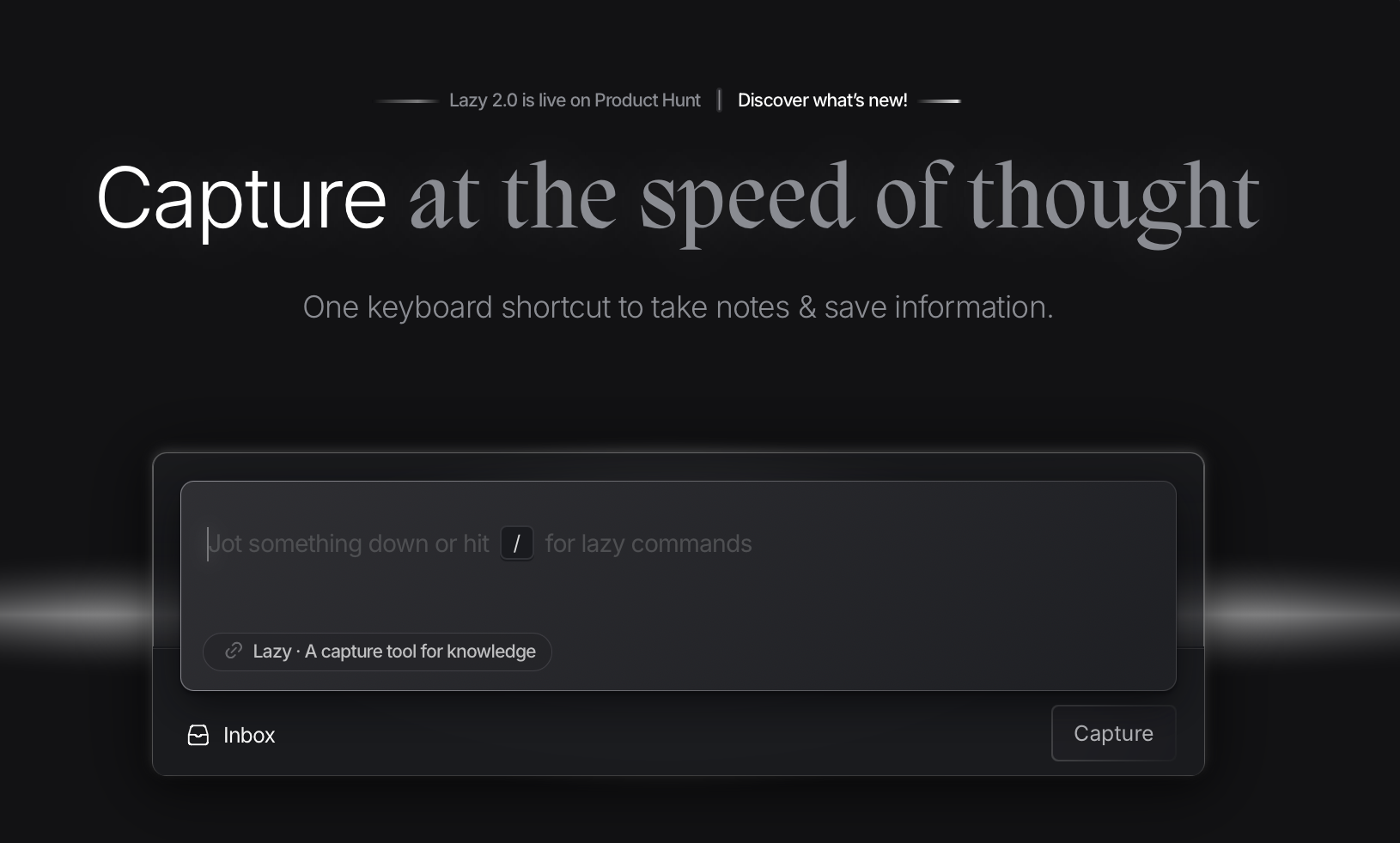Oversized ambition seems to be an increasingly common feature of new software applications and services. Many of the new apps I try are swinging for the fences and walking away when the home run or grand slam doesn’t materialize. As I’m evaluating software now, I have to dig into what the expectations are for the commercial performance of the software. If they are unrealistic, it may be better not to get attached in the first place.
One of my favorite tools is the read-it-later app Matter. A few months ago, the founders of Matter posted about their health issues and how they had to give up on their goal of making Matter the next Duolingo. At some point, it became clear the product wasn’t going to have the same level of success. Their response was to call the app feature complete and put it in maintenance mode.
A product similar to Matter and one in which I was previously very invested was the read-it-later service Pocket. Pocket was shuttered by its owner, The Mozilla Corporation because, although it had an enthusiastic and dedicated fan base, it was never going to be a world-changing product. Chris Krycho wrote about Pocket and the problem of tech companies having outsized expectations for their products.
Pocket and services like it are not Big Businesses. They do not support a massive base of users, monetized by attention and ads (“eyeballs”). They are, from everything I can see, what has sometimes pejoratively been called “lifestyle businesses”. But outside the world of Big Tech specifically and Big Business more generally, we just call a “lifestyle business” a business. Pocket as a tool, selling subscriptions for extra capabilities, was never going to print tens or hundreds of millions of dollars. But it also could have been a perfectly fine business without ever being that large!
This goes beyond read-it-later apps, which will never be more than niche tools for power-readers. The Browser Company recently stopped enhancing their Arc browser, which had quite a few fans, because it wasn’t going to become a replacement for the OS. Needless to say, this was always more than a moonshot. The company has now launched an AI-based browser, Dia, which seems interesting enough but for which they also presumably have grand ambitions. If you’ve seen videos of CEO Josh Miller in the last few years promoting Arc, you know the size of his expectations for products from the Browser Company. I’m skeptical of their ability to make any of their apps truly mainstream and wary of what will happen to them when they don’t meet their KPIs.
I’ve been trying the Lazy app for knowledge capture, but I have two main reservations about it. One is that it doesn’t have a proper mobile app that’s out of beta and fully featured, and I do much of my capture on mobile. The other is that I get the sense that this is yet another app that the creators think will have a massive impact and user numbers to match.

Thankfully, Lazy has good export options, so putting data in doesn’t have to be fraught with concern. I still wonder about the wisdom of getting entrenched though, given the patterns I’ve observed.